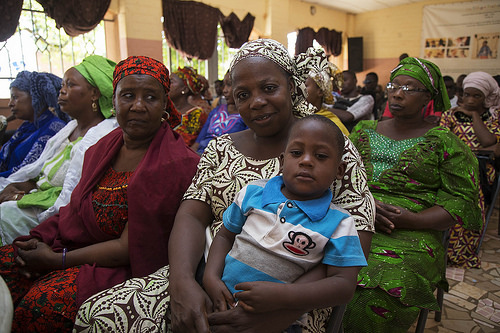Sometimes the most important European media forgot that there are many civil wars in Africa. We use to pay attention to the conflict in Syria, Iraq and Libya which are nations close to European Union and strategic counties for the impressive presence of oil. Of course these situations are horrible and we must know the true situation in the Middle East but we don’t forget other civil conflicts which are similarly terrible.
One of these unknown conflict is the civil war in Mali where the official government is forced to be up against many groups of rebels. The conflict started in 2012 with a military coup arranged by Tuareg and Islamist groups. The following year the United Nations send a multinational army in order to restore the previous government. The official government is assisted especially by France and its President Hollande. The Tuareg rebels are fighting for the independence of the territories of north Mali, to which they gave the name of Azawad: they actually considered this region as the birthplace of their identity. This long and complicate civil war is still present in Mali but in those months there were been important developments.
In May it was signed a first important peace agreement between the government and some groups of rebels: this understanding gives hope for the final resolution of the conflict, despite the absence of the three most remarkable rebels: indeed, the liberation movements of MNLA, HCUA and MAA, coalition named CMA, rejected the proposal of peace. These movements are the main members of the Tuareg rebellion and they ask for changes in the agreement. After one month the mediation made by UN has led to a new step forward: CMA has reached an agreement with the national government.
This last understanding, signed by Tuareg rebels, Jhiadists and government , want to stop the conflict in the north of the country and finally to make stable Mali. But it is an hard target: only one week later the signing of the agreement there was the breaking of the truce: a group of Jhiadists attacked a city in the north of the county in order to destabilize the region. Actually we don’t say if the truce will be respect or if the civil war will come back: the situation is precarious.
The conflict in Mali is a symbol of complexity and how is hard to restore a civil war in Africa where there are different groups and remarkable divisions. In this case there are the Tuareg groups, the official government in the south of the county, the presence of UN and France and the fundamentalist who want to destabilize the regions for extending instability and fear. Every part has a different interests and purposes. The most interesting question is: does the Un be able to overcome the internal divisions and to restore the peace in Mali?

